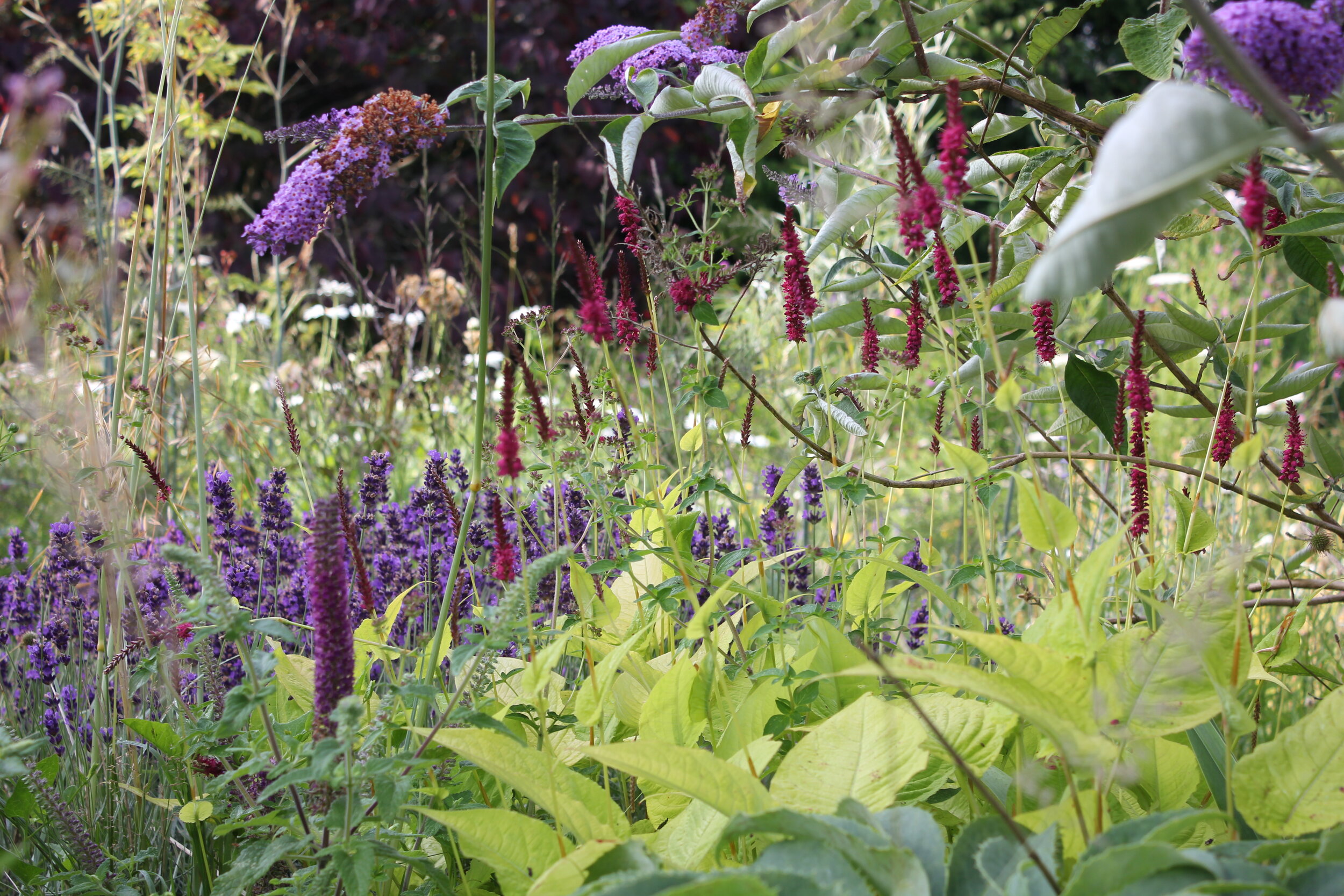The buds are bursting, the frogs are back and laying mountains of spawn, the birds are pairing up and that’s all wonderful, but unfortunately every gardener fed up with a winter cooped up indoors is out there, green fingers itching to tidy up the garden and rip out all the emerging weeds.
I’m as keen as anyone to be in my garden but I won’t be weeding, I’ll be appreciating all those native plants we love to hate, the weeds.
‘Nature Isn’t Neat’ is the very pertinent title of a pollinator project being trialled in Monmouth by Monmouthshire County Council together with the Town Council, Monmouthshire Meadows, Bee Friendly Monmouthshire and other groups before it’s rolled out across the whole county.
Its aim is to encourage us all to be less tidy, live and let live and recognise our native plants as the vital food source they are for our pollinating insects. Without them much of the food we take for granted would just not exist and eventually neither would we.
Not that we should ditch all our ornamental plants, far from it. Calaminta nepeta, Helenium autumnale and Geranium ‘Rozanne’ were found during research to be the top three flowering plants for visits from pollinators, but they don’t attract the same diversity of different pollinators as our native flora does. *
In my garden the golden heads of dandelions shine like mini suns from the grass, bush vetch is a favourite of several bee species as it scrambles through borders and it looks stunning with Salvia ‘Caradonna’. Wild fennel in flower is loved by hoverflies and stands majestically all winter with the tall grasses. Wild carrot romps around my meadow lawn covered in tiny pollen beetles and sometimes a ghostly crab spider perfectly camouflaged by its flat white umbel of flowers in wait for an unsuspecting bee or butterfly.
By creating a safe and forage filled garden for pollinators we’re welcoming their predators too and the birds which will happily make a meal of them all. A functioning ecosystem full of flowers and full of life, now that’s what I call a garden!
*Rosie Rollings and Dave Goulson – Quantifying the attractiveness of garden flowers for pollinators.







